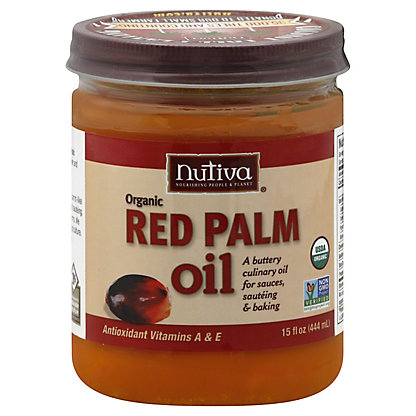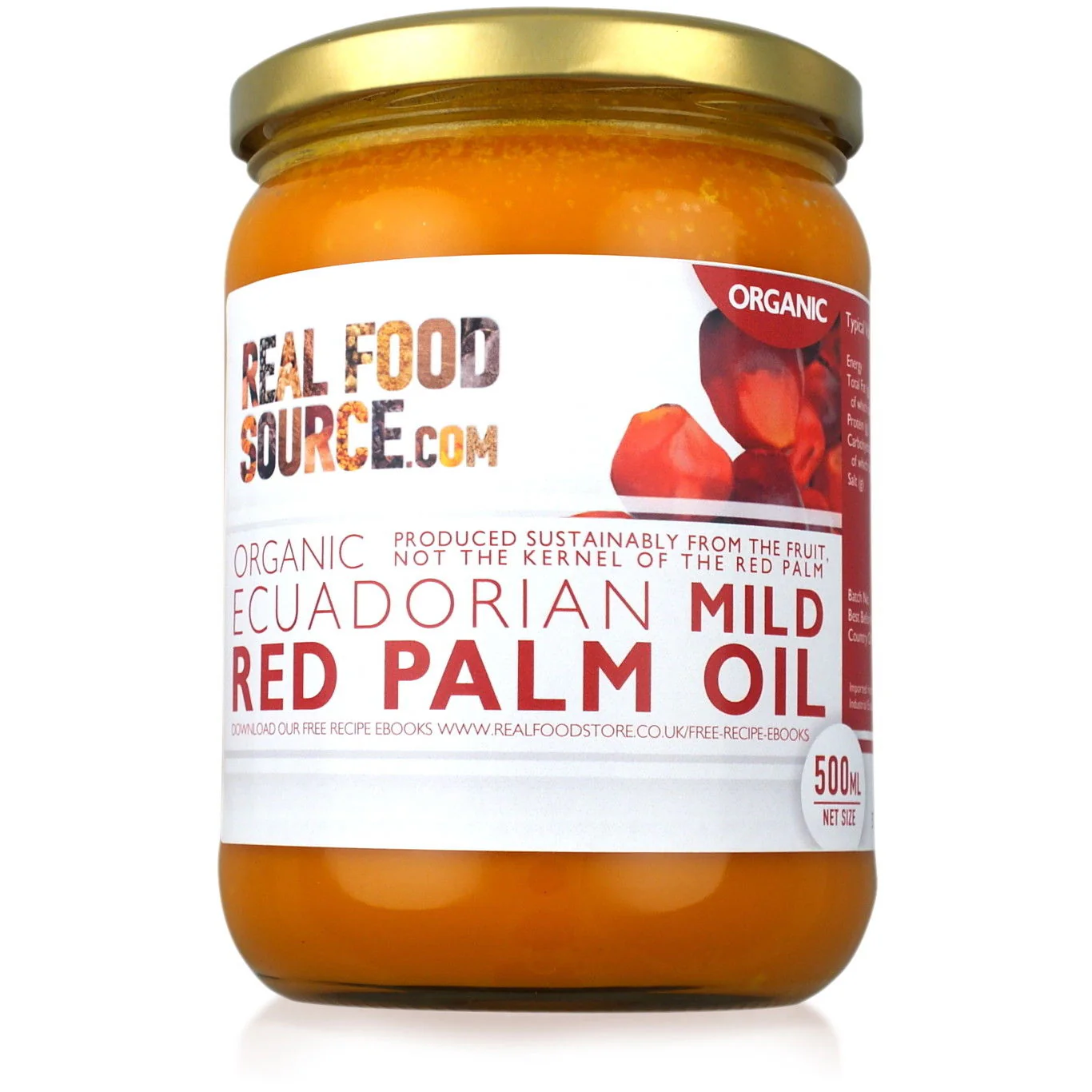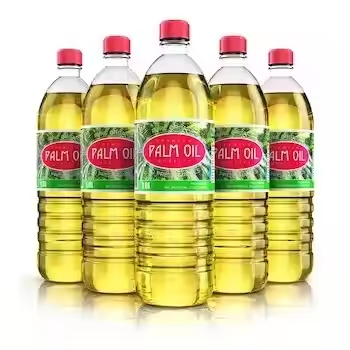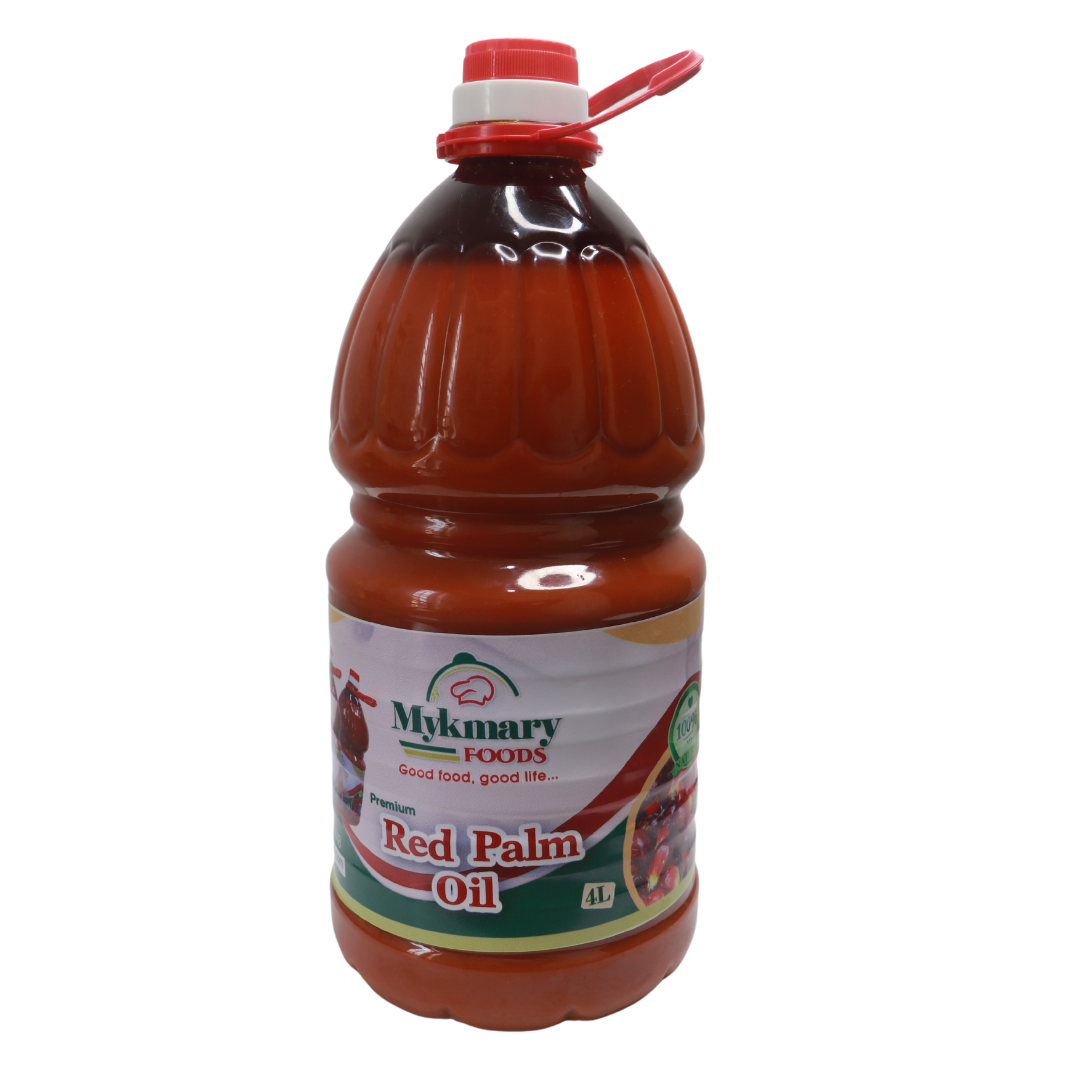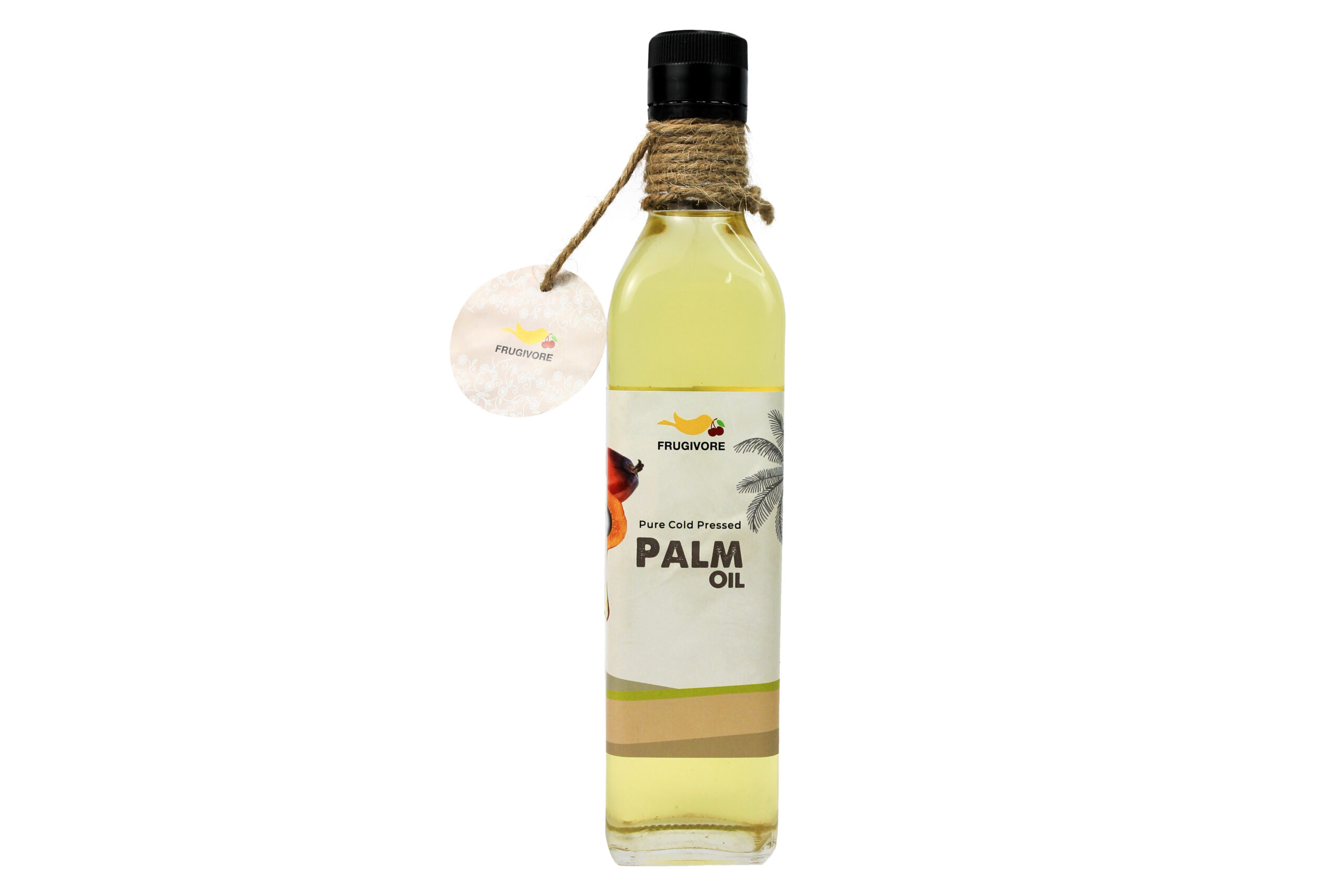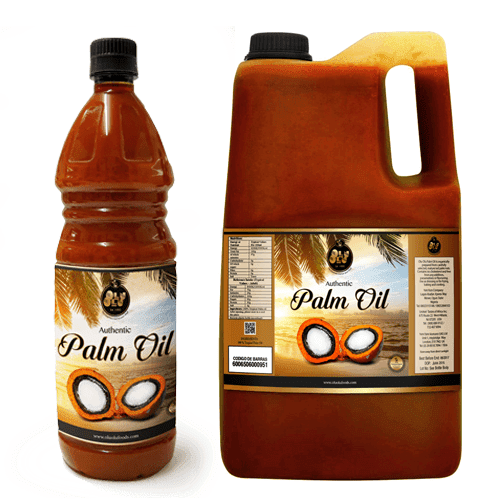Description
Palm oil is a versatile and widely used vegetable oil derived from the fruit of the oil palm tree, primarily cultivated in tropical regions such as Southeast Asia, West Africa, and parts of South America. Its popularity stems from its unique properties; it is semi-solid at room temperature, has a high oxidative stability, and is relatively affordable compared to other oils. This makes palm oil a favored ingredient in a plethora of food products, including baked goods, margarine, and snack foods, as well as non-food items like cosmetics and biofuels.
However, the production of palm oil has generated significant environmental and social concerns. The expansion of oil palm plantations has been linked to deforestation, habitat destruction, and loss of biodiversity, particularly impacting endangered species like orangutans and tigers. Moreover, the conversion of forests into plantations often displaces local communities, leading to social conflicts and challenging traditional livelihoods. As awareness of these issues grows, there is an increasing demand for sustainable palm oil, which promotes environmentally friendly practices and social responsibility throughout the supply chain.
In response to these challenges, various certification schemes, such as the Roundtable on Sustainable Palm Oil (RSPO), have emerged to promote the production and use of sustainably sourced palm oil. These initiatives aim to ensure that palm oil is produced with minimal environmental impact while supporting the rights and interests of local communities. As consumers become more conscious of their choices, the market is gradually shifting towards sustainable options, urging producers to adopt more responsible practices. The future of palm oil may hinge on balancing economic benefits with ecological and social responsibility, ultimately making it possible to enjoy its many uses without compromising the planet.




